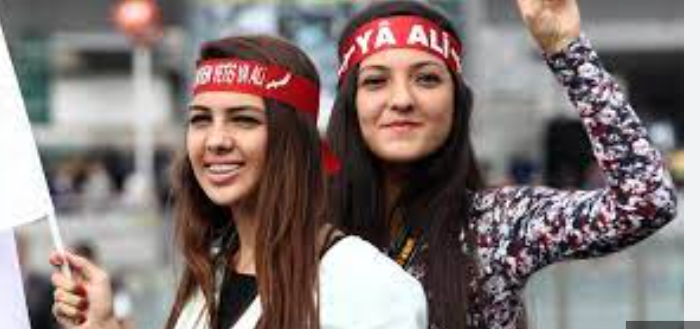ANALYSIS: Does Kilicdaroglu’s Alevi faith matter in the poll booth?
 aleviler1
aleviler1
Opposition Presidential candidate Kilicdaroglu’s Alevi identity was perceived by some Turkish Islamist and secularist sectarians as an electoral barrier. However, when Kilicdaroglu actively embraced his identity via a Twitter video, which was watched more than 100 million times, it is President Erdogan who now finds himself struggling to formulate a political response.
Following Kilicdaroglu’s video message, Erdogan held an unusual de-facto election rally within the restored Sultanahmet Mosque compound, (called Blue Mosque by tourists owing to the mosque’s blue, green and white tiles). He employed rhetoric aimed at questioning the main opposition bloc’s religious credentials, falsely accusing them of proposing to shut down Turkey’s religious directorate.
Two days after his announcement, Kilicdaroglu faced provocative verbal attacks on his Alevi identity during a visit to an earthquake zone. In the face of such reactions, President Erdogan also sent positive messages, highlighting his record of positive steps towards Alevis. Erdogan’s search for the right tune to counter Kilicdaroglu’s declaration remains ongoing, writes Guney Yildiz for FORBES.
While most Turks have long known that Kılıçdaroğlu hails from the Alevi minority, his decision to stress his identity is being widely viewed as a plea for pluralism and tolerance, and an attempt to strike a contrast with Erdoğan, who has based much of his political career on his mainstream Sunni identity, adds Elcin Poyrazlar, writing for Politico.
It is a significant step because Alevis — who worship on Thursdays rather than Fridays, and revere the Prophet Muhammad’s son-in-law Imam Ali — have often tried to hide their identity in the Sunni Muslim majority country, despite representing, by some counts, about 20 percent of the population, and they aren’t officially recognized by the Turkish state.
“Discussing his Alevi identity (considered taboo in Turkey), Kılıçdaroğlu is pulling the rug from under Erdogan’s feet,” tweeted Soner Çağaptay, a senior fellow at the Washington Institute.
Pollsters have been shy about whether Kilicdaroglu’s break with secular tradition of concealing religious faith will sway voter opinions. The challenger is enjoying a widening lead over Erdogan, winning 13 out of 21 polls conducted in April, with some agencies like ORC and MAK calling for a first round victory. Yet, it is unclear whether his disclosure of Alevi identity has helped the surge. It is certain though; despite warnings form nay-sayers it didn’t turn off Sunni voters from his camp.
David Lepeska explains why Kilicdaroglu’s move may be a radical break from the past for Turkey’s long-persecuted religious minority: Turks do not talk about Alevism, at least not publicly. This is mainly because of a long history of discrimination.
Not to be confused with Alawites, Alevis are Turkey’s second-largest religious group after Sunnis, representing a fifth of the population, or some 15 million people. More akin to Sufism than Shiism, Alevi belief is a heterodox form of Islam, rather than orthodox. Over the centuries, the group has regularly faced persecution and marginalisation.
Nick Ashdown, a Canadian journalist who mainly covers Turkey, described Kılıçdaroğl’s statement as “historic.”
“Historic statement from KK, talking openly about his Alevi background, something he’s very rarely done in the past. A huge deal from a major politician, breaking a big taboo and taking ownership of his identity (which Erdoğan tries to throw in is face),” he tweeted.
Follow our English language YouTube videos @ REAL TURKEY: https://www.youtube.com/channel/UCKpFJB4GFiNkhmpVZQ_d9Rg
And content at Twitter: @AtillaEng
Facebook: Real Turkey Channel: https://www.facebook.com/realturkeychannel/


